April 21, 2023
Hybrid working is the new normal and is here to stay, report claimzzzz
 Mace has published a new report into workplace trends which claims that hybrid working with a collaborative central space is (brace yourselves) the new normal for a preferred post-pandemic working style. The Mace Operate Workplace Survey looked at the enduring role of a central office for businesses and considered what an office space needs to offer in an era of hybrid working. The majority of respondents (87 percent) said that interaction with people and workplace culture are the main benefits of going to the office with employees and employers seeing eye-to-eye on the need for collaboration for motivation, resilience and effective hybrid working. (more…)
Mace has published a new report into workplace trends which claims that hybrid working with a collaborative central space is (brace yourselves) the new normal for a preferred post-pandemic working style. The Mace Operate Workplace Survey looked at the enduring role of a central office for businesses and considered what an office space needs to offer in an era of hybrid working. The majority of respondents (87 percent) said that interaction with people and workplace culture are the main benefits of going to the office with employees and employers seeing eye-to-eye on the need for collaboration for motivation, resilience and effective hybrid working. (more…)









 The digital edition of issue 14 of IN Magazine is now available to read free,
The digital edition of issue 14 of IN Magazine is now available to read free, 








 An idea that has never really gone away, but which seems to be enjoying a new lease of life is the tabula rasa. The conception of people as a blank slate is something a that has crept back into mainstream political and social thought for a variety of reasons. Arguably, it is also behind many of the most misleading notions about work and workplace design, perhaps most importantly that a change to some single element or characteristic of a working environment will lead to a specific outcome in the behaviour of people.
An idea that has never really gone away, but which seems to be enjoying a new lease of life is the tabula rasa. The conception of people as a blank slate is something a that has crept back into mainstream political and social thought for a variety of reasons. Arguably, it is also behind many of the most misleading notions about work and workplace design, perhaps most importantly that a change to some single element or characteristic of a working environment will lead to a specific outcome in the behaviour of people. 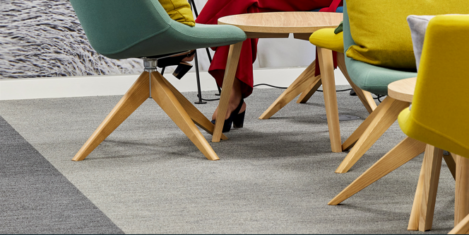
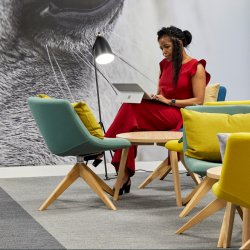
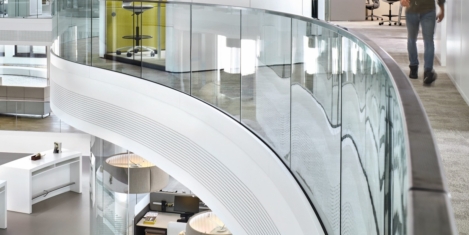
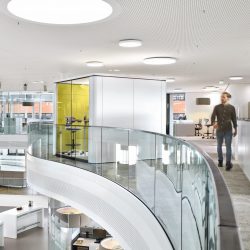 The current debate about how much space we will need in the office from now on is not new. As with many of the debate’s facets, the point at which we find ourselves has long been our destination. We’re just here earlier than we might have expected.
The current debate about how much space we will need in the office from now on is not new. As with many of the debate’s facets, the point at which we find ourselves has long been our destination. We’re just here earlier than we might have expected. 

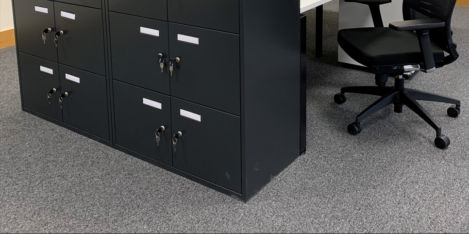
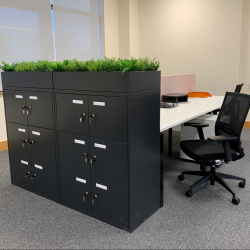









April 19, 2023
We shouldn’t be deterred by the wonky start to the circular economy
by Becky Gordon • Comment, Environment, Workplace design